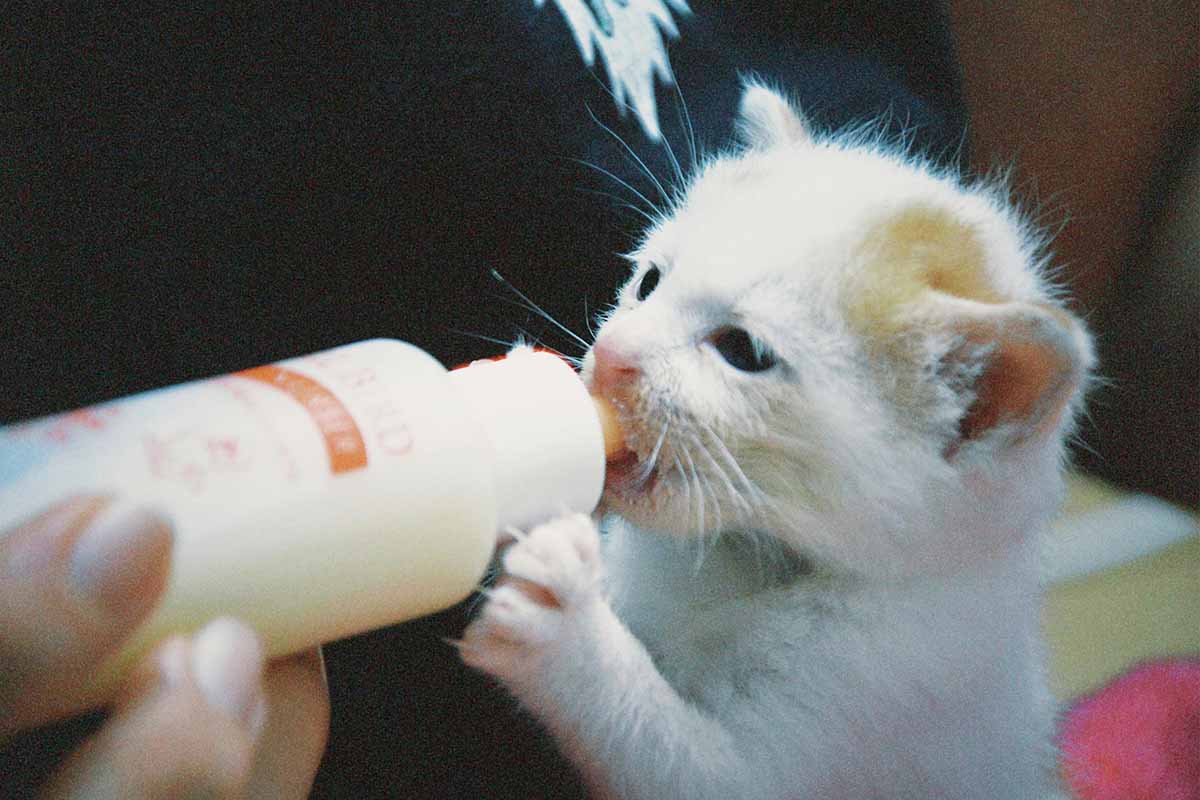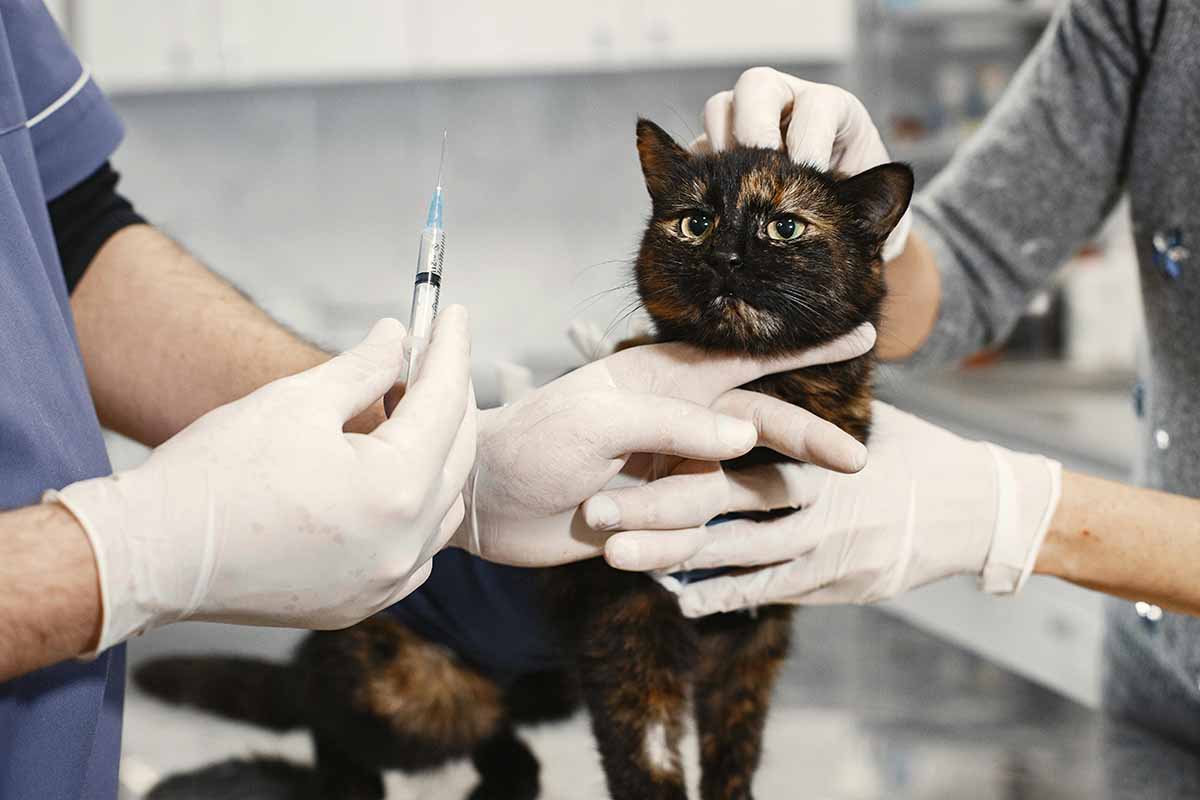Cats are beloved companions, gracing our homes with their playful antics and purrs of contentment. But like any living creature, they require proper care to maintain their health and well-being. Here are some basic basic health and care tips to keep your cats or feline friends happy and healthy for years to come
Nutrition Matters: Fueling Feline Fitness
A balanced diet is essential for good health. Cats are obligate carnivores, meaning they require meat-based protein to thrive. Choose high-quality cat food rich in animal protein and essential nutrients. According to the American Pet Products Association (APPA), 95% of cat owners consider nutrition to be very or somewhat important when choosing cat food.
Wet vs. Dry Food
Both options have their pros and cons. Wet food is generally higher in moisture content, beneficial for urinary tract health, but can be messier and more expensive. Dry food is convenient and cost-effective but may lead to dehydration if cats don’t drink enough water. Consult your veterinarian about the best dietary approach for your cat’s individual needs.
Treats in Moderation
Occasional treats are fine, but overindulgence can lead to weight gain and obesity, a significant health concern for cats. In the United States, 59.5% of cats are estimated to be overweight or obese by the Association for Pet Obesity Prevention (APOP). Opt for healthy treats like freeze-dried meat or catnip toys, and limit portion sizes.

Hydration Heroes: Keeping Your Cat Properly Watered
Fresh, clean water is essential for optimal cat health. Cats are naturally prone to dehydration, which can lead to urinary tract infections and other health problems. Encourage your feline friend to drink by:
- Placing water bowls in multiple locations, away from food and litter boxes.
- Choosing wide, shallow bowls, as some cats dislike whisker fatigue.
- Investing in a cat fountain, as many cats prefer flowing water.
- **Monitoring water intake: **Aim for an average of 40-50 ml of water per kilogram of body weight per day. Consult your veterinarian if you notice any decreased water intake.

Litter Box Lowdown: Maintaining a Sanctuary of Cleanliness
Cats are fastidious creatures, and a clean litter box is essential for their comfort and hygiene. Here are some key litter box tips:
- Scoop waste daily, and do a full litter box cleanout at least once a week.
- Make sure there are adequate litter boxes available. Generally speaking, each cat should have one box plus an extra.
- **Choose the right litter type: **Clumping clay litter is popular, but some cats prefer silica gel or recycled paper options. Try different things to see what your cat prefers.
- **Location, location, location: **Place litter boxes in quiet, easily accessible areas, away from high traffic zones.
Grooming TLC: Keeping Your Cat’s Coat Shiny and Healthy
Regular grooming not only keeps your cat looking their best but also prevents matting, hairballs, and skin irritations. Brushing frequency is determined by the type of fur on your cat:
- Short-haired cats: Brush weekly to remove loose hair and dander.
- Long-haired cats: Brush daily to prevent matting and tangles.
- Gentle touch: Use a soft brush appropriate for your cat’s fur type and be gentle to avoid causing discomfort.
- Make it a bonding experience: Pair grooming sessions with treats or playtime to make it a positive experience for your cat.

Veterinary Vigilance: Regular Checkups for a Long and Happy Life
Just like humans, cats benefit from regular veterinary checkups. Schedule annual wellness exams to ensure your cat stays healthy and catch any potential health problems early. During these checkups, your veterinarian will:
- Perform a physical examination.
- Talk about any worries you may have regarding the health of your cat.
- Administer vaccines and parasite prevention medication.
- Advise on proper nutrition and grooming practices.
Remember, early detection and intervention are key to managing feline health issues effectively.
Bonus Tip: Environmental Enrichment for a Stimulated Mind and Body
Cats are curious creatures who crave mental and physical stimulation. Provide your feline friend with enrichment activities like:
- Scratching posts: Encourage natural scratching behavior and protect your furniture.
- Interactive toys: Wand toys, puzzle feeders, and catnip-filled mice keep your cat entertained and engaged.
- Climbing structures: Cat trees and shelves offer vertical space for exploration and play.
By following these basic health and care tips, you can help your cats live a long, happy, and healthy life. Remember, your furry friend is a cherished member of the family, and providing them with proper care is an investment in their well-being.













